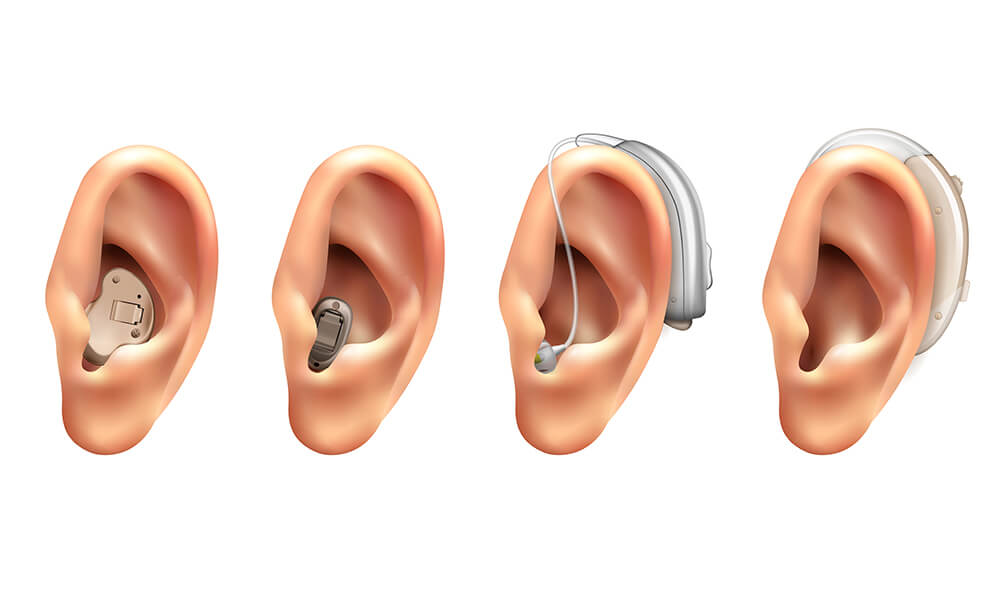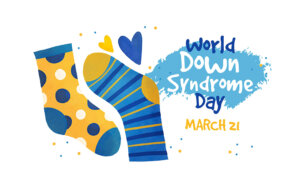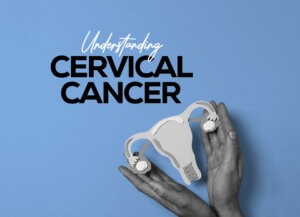Imagine the frustration of a child struggling to follow classroom discussions, unable to hear the teacher’s instructions clearly. Picture the isolation of an elderly individual, feeling disconnected from family gatherings and social interactions due to difficulty hearing conversations. These scenarios are all too common for the millions of people around the world affected by hearing loss.
Hearing loss is not just a physical impairment; it’s a barrier to communication, a source of frustration, and a cause of social isolation. For children, it can impede their academic performance and emotional development. For adults, it can hinder their ability to work effectively and engage in meaningful relationships. And for seniors, it can exacerbate feelings of loneliness and depression, leading to a decline in overall well-being.
As we commemorate World Hearing Day on March 3rd, it’s crucial to recognize the profound impact of hearing loss on individuals and societies alike. This article explores the significance of World Hearing Day, the prevalence of hearing loss, and the importance of early detection and intervention in addressing this silent epidemic.
What is World Hearing Day?
World Hearing Day, established by the World Health Organization (WHO), serves as a platform to address the growing impact of hearing loss on individuals and communities worldwide. Each year, a specific theme is chosen to guide awareness-raising efforts and advocacy campaigns. The theme often focuses on key issues related to hearing health, such as prevention, early detection, access to treatment, and the societal impact of hearing loss. By highlighting these themes, World Hearing Day aims to mobilize stakeholders, including governments, healthcare professionals, advocacy groups, and the general public, to take action in addressing the challenges associated with this condition and promoting ear and hearing care as an essential component of public health.
This year 2024, the theme is: Changing mindsets: Let’s make ear and hearing care a reality for all.
According to WHO, it is a call to focus on overcoming the challenges posed by society’s misperceptions and stigmatizing mindsets through awareness-raising and information-sharing, targeted at the public and health care providers.
The Prevalence of Hearing Loss:
Hearing loss is a prevalent global health concern, affecting people of all ages and backgrounds. According to the WHO, over 5% of the world’s population – approximately 430 million individuals – experience disabling hearing loss. This figure is expected to rise significantly in the coming years, driven by factors such as population aging, noise exposure, and the increasing prevalence of chronic diseases. Despite its widespread impact, hearing loss remains a neglected health issue in many parts of the world, with limited access to essential services and interventions. Moreover, it disproportionately affects vulnerable populations, including children, older adults, and individuals living in low- and middle-income countries, exacerbating inequalities in health and well-being.
Addressing the burden of hearing loss requires a multi-faceted approach that encompasses prevention, early detection, diagnosis, treatment, and rehabilitation services. By raising awareness about the prevalence and impact of hearing loss and advocating for increased investment in ear and hearing care, we can improve the lives of millions of people affected by this silent epidemic.

The Importance of Early Detection and Intervention:
Early detection and intervention are critical in addressing hearing loss and mitigating its adverse effects on individuals’ quality of life. Timely identification of hearing problems enables prompt intervention, which can prevent or delay further deterioration of hearing function. Screening programs, audiometric testing, and diagnostic evaluations play a crucial role in identifying hearing loss and guiding appropriate management strategies, such as hearing aids, cochlear implants, or assistive devices.
Additionally, raising awareness about the importance of regular hearing screenings and promoting healthy hearing practices can empower individuals to take proactive steps in preserving their hearing health. By prioritizing early detection and intervention, we can improve outcomes for individuals with hearing challenges and promote inclusive societies where everyone has equal access to communication and participation.
Furthermore, investing in early childhood hearing screening programs can help identify hearing loss in infants and young children, enabling timely intervention and support to optimize their development and educational outcomes. By integrating ear and hearing care into primary healthcare systems and promoting interdisciplinary collaboration among healthcare providers, educators, policymakers, and community stakeholders, we can create a more inclusive and equitable society where everyone has the opportunity to reach their full potential.
Advocacy and Education:
Advocacy and education are essential components of efforts to address hearing loss and promote ear and hearing care as a global public health priority. World Hearing Day provides a platform for stakeholders to advocate for policy changes, resource allocation, and public awareness initiatives to improve access to hearing healthcare services and reduce the burden of hearing loss worldwide.
Educational campaigns can raise awareness about the causes, risk factors, and consequences of hearing loss, as well as the importance of preventive measures and early intervention. Moreover, promoting inclusive communication practices and accessibility features can enhance the participation and social inclusion of individuals with hearing loss in various settings, including education, employment, and social activities.
By fostering a culture of understanding, empathy, and support for individuals with hearing loss, we can create a more inclusive and supportive environment where everyone can thrive.
Conclusion:
World Hearing Day serves as a reminder of the importance of hearing health and the need for concerted efforts to address hearing loss on a global scale. Let us come together to celebrate World Hearing Day and reaffirm our commitment to ensuring sound health for all.










